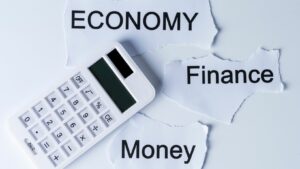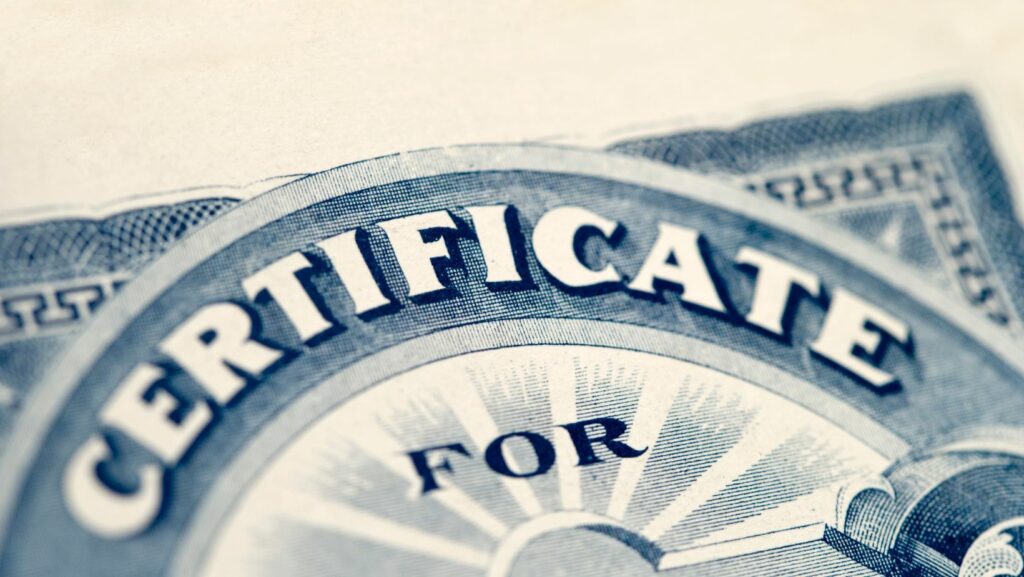In the dynamic world of business, a degree in economics and finance often serves as a golden ticket. It’s a realm where numbers tell stories, and strategic decisions can shape the future of global economies. This field of study isn’t just about crunching numbers, but understanding the intricate web of factors influencing them.
Economics and Finance Degree

An economics and finance degree serves as a springboard into a vast array of professions across various sectors. This degree fosters an understanding of financial structures, economics policies, and market trends. It’s a comprehensive study that blends mathematical aptitude with strategic planning, assisting in the formation of financial policies and business strategies.
Concepts from macroeconomics and microeconomics form the backbone of this degree, bridging the gap between theoretical understanding and practical application. In addition, students delve into financial reporting, economic theory, and fiscal regulations. Apart from theory, there’s a strong focus on problem-solving scenarios that mirror global economic events.
Furthermore, pursuing this degree equips graduates with analytical skills, logical reasoning, and an understanding of the global financial system. Bank economists, financial advisors, investment analysts– to name a few potential roles – can benefit from its comprehensive curriculum. Thus, an economics and finance degree opens up a multitude of opportunities, paving the way for a vibrant and fulfilling career in various fields.
Core Curriculum of an Economics and Finance Degree

Diving deeper into the program, the Core Curriculum stands as a vital component of an Economics and Finance degree. It equips students with a fundamental understanding of economic theories, financial operations, and market dynamics. Microeconomic Theory, Macroeconomic Theory, Financial Accounting, and Financial Economics form part of the essential course lineup. These courses expose students to the functioning of markets, strategic decision-making models, and the link between the economy and fiscal structures.
Moreover, Statistical Analysis and Calculus assert their prominence in the curriculum, as they hone the quantitative skills necessary for economic evaluation and financial analysis. Econometrics, another key subject, uncovers the connection between economics and statistics, training students in modeling economic behaviors using statistical techniques.
Additionally, offerings in International Finance and Monetary Theory provide a broader outlook on global economic landscapes and monetary mechanisms. This broad, yet focused, curriculum ensures graduates are well-prepared for a multitude of business roles, arming them with the knowledge and skills to interpret and influence financial systems.
Comparing Economics and Finance Degrees Across Top Universities

Three top universities renowned for their programs in economics and finance are Yale, Harvard, and The London School of Economics (LSE). Yale offers an economics degree, focusing on the analysis of market trends, economic policies, and financial structures. It enhances analytical skills, logical reasoning, and a practical understanding of the global economy. In contrast, Harvard’s program opts for a more finance-oriented curriculum, amalgamating subjects like financial reporting, fiscal regulations, and financial economics. LSE’s degree is a comprehensive blend of both fields, merging macroeconomics and microeconomics principles, along with financial accounting practices.
Each program varies, emphasizing different perspectives on economics and finance. Choosing among them depends on the aspiring student’s career goals and interests. Regardless, it’s evident that these degrees open up opportunities in diverse fields such as banking, investment, and policy-making.
Career Pathways With an Economics and Finance Degree
A degree in economics and finance isn’t just a piece of paper. It’s a gateway to an array of career opportunities in banking, investment, and policy-making. It’s a tool that equips graduates with the skills to shape financial systems and make strategic decisions. Whether they choose to study at Yale, Harvard, or LSE, students will be immersed in a curriculum that hones their mathematical proficiency and understanding of key subjects like macroeconomics and financial reporting. They’ll find that an economics and finance degree is not just versatile, but also a strategic stepping stone towards a successful career in the business world.



